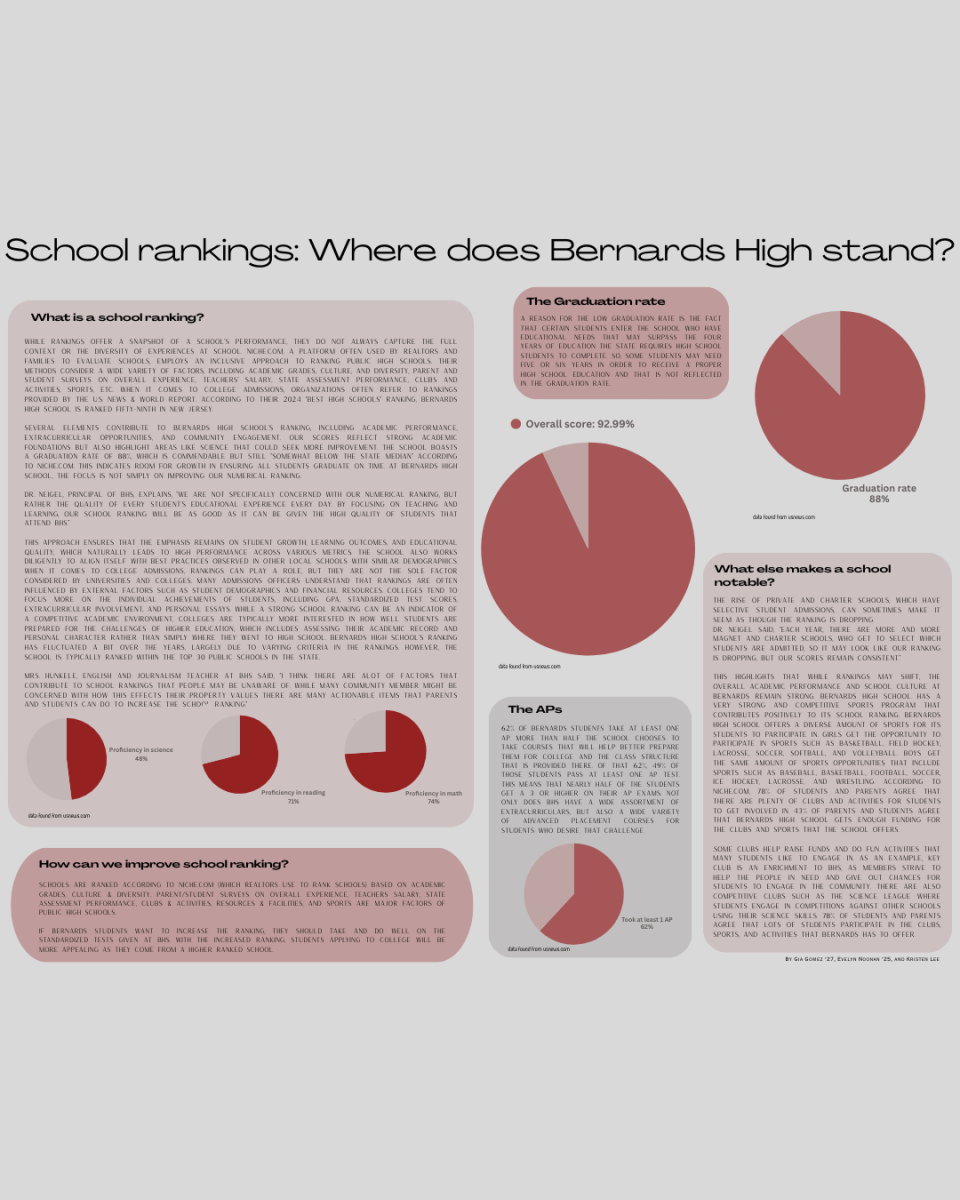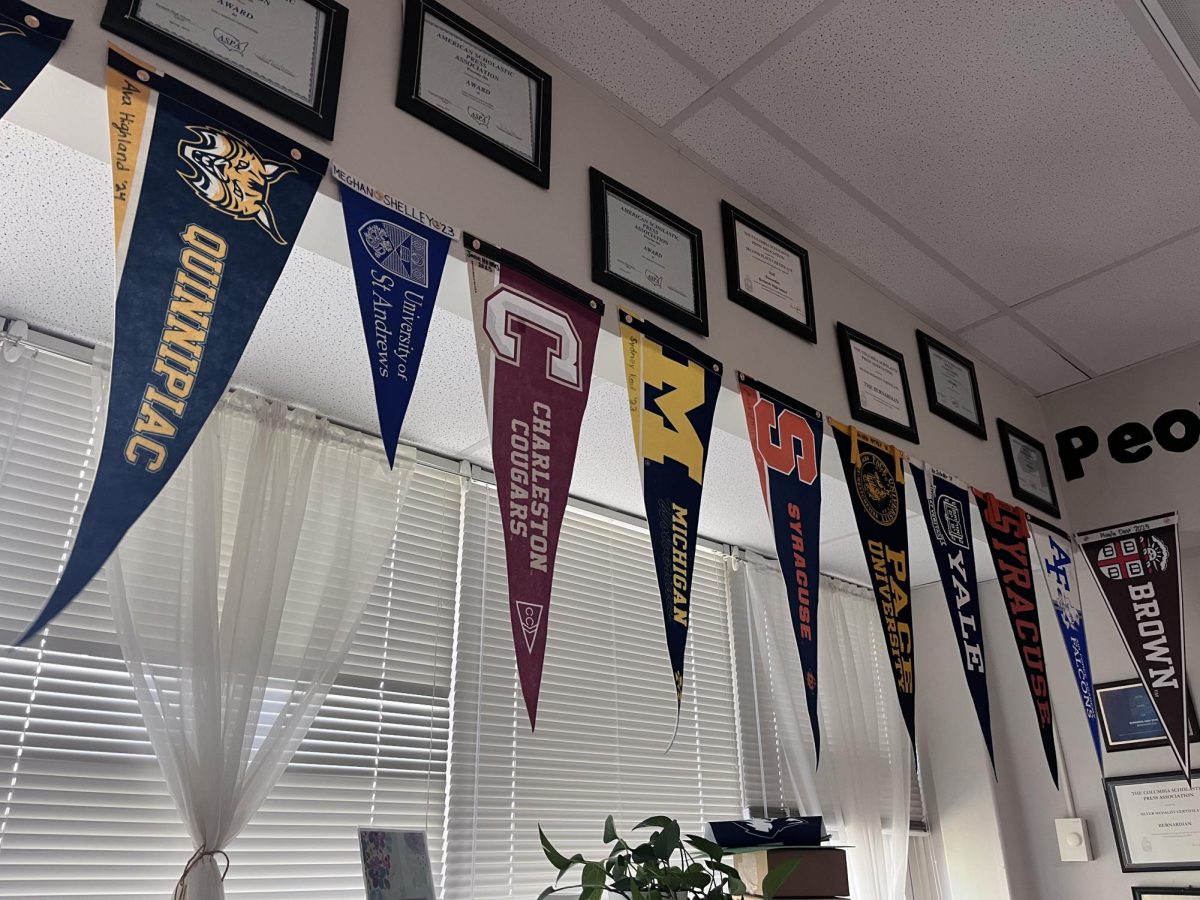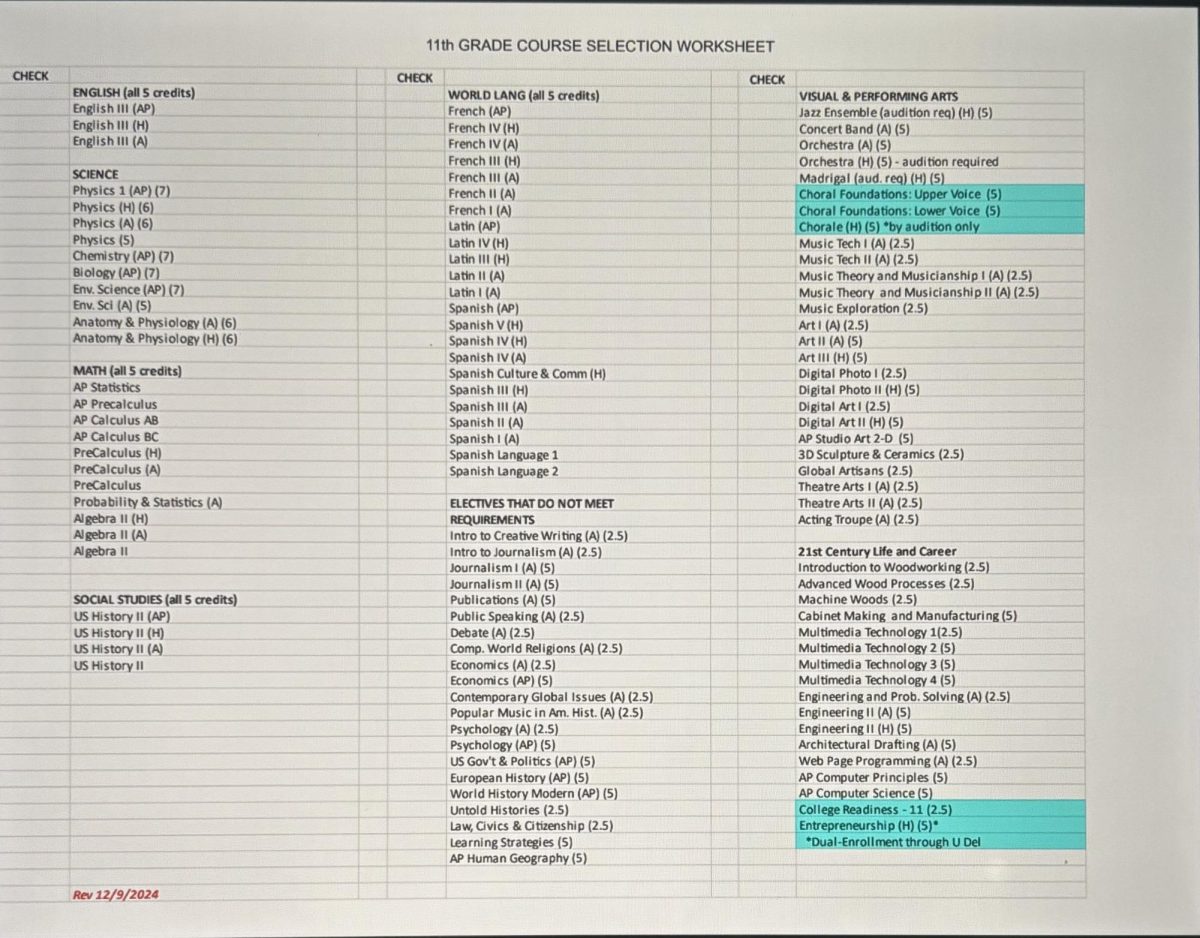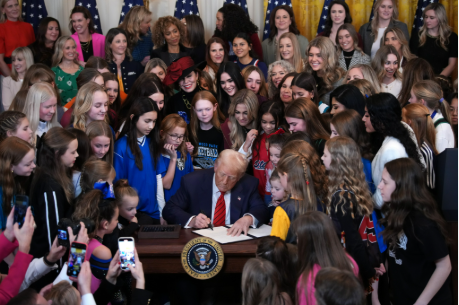New Jersey’s Westfield High School has recently become a center of attention and controversy following the disturbing news that a Westfield student allegedly created fake pornographic images of female students using artificial intelligence (AI). This instance is one of many signifying the need for AI regulations in education, legislation, and civilization.
In October, the school year was disrupted when a student whistleblower revealed to several horrified female classmates that at least one student had generated fake nude images of them over the summer by altering photos using AI. Additionally, it was learned the images had been distributed among male students via group chats. The images are believed to be deleted and no longer circulating. Still, the victims of these deep fake images felt humiliated and horrified that they could resurface according to the Wall Street Journal.
In the email sent after the situation by the school’s principal, Mary Asfednis, she warns parents of the dangers of AI: “New technologies have made it possible to falsify images and students need to know the impact and dangers those actions can cause to others.”
AI has proven problematic in society, but it has especially been problematic in education. Beyond AI being a disruptive form of harassment in schools, it has also been a negative supplantion for student learning. AI has established many platforms such as ChatGPT, that offer an outlet for students to produce work in a fraction of the time it would take them to do it on their own. As a result, students lose detrimental skills to AI replacing developmental student work.
Bernardsville High School English teacher, Mr. Pair comments on these concerns in education, “I think it’s the fact that we, collectively, socially, are so addicted to convenience, that we’re giving up fundamental tenets of what makes us human. Our creativity, our ability to problem solve; we’re just outsourcing all of that.”
To constitute a complete ban on AI use would not only be impossible at this point but also digressive considering how advanced the technology is now. Nonetheless, scandals like the one that happened in Westfield cannot continually occur, and hence, changes must be made in how AI is handled and regulated.
In another statement, Mr. Pair sheds insight on the issue:
“I do think it’s exceptionally important for our government and for education to teach responsible use,” he concludes “the more that we’ve banned something, the more people are going to use it anyway, and they’re going to abuse it, and misuse it. But, if we can look at this tool and treat it and teach it as a tool, then we can better prepare our collective society to delay the singularity.”
Artificial intelligence was created to be a technological advancement for the benefit of society, and despite recent events, the technology can still regain its original reputation if measures are taken toward regulated AI use. The misuse of AI in Westfield is among misuse happening nationally and exemplifies the threat AI can hold when unregulated and unsupervised. However, if society faces the issue by taking needed precautions, whether by passing regulations or teaching technological responsibility, a middle ground can be found where AI is allowed to be used with fewer worries about the misconduct its use can entail.
Ultimately, artificial intelligence is still an evolving piece of technology. Hence, the responsibility falls on the people as an administration and society to decide to create and advocate for the adjustments necessary to evolve alongside AI.








